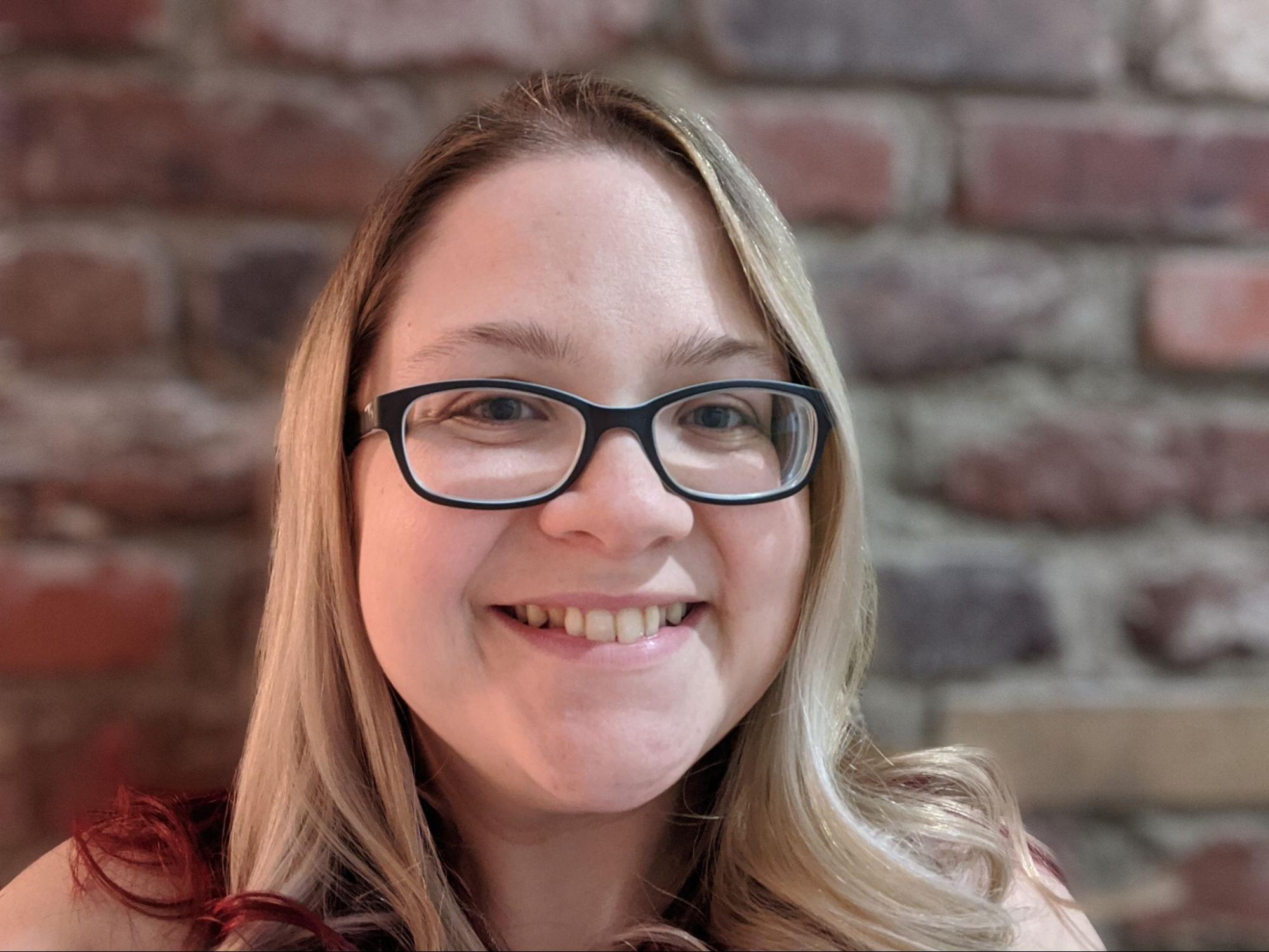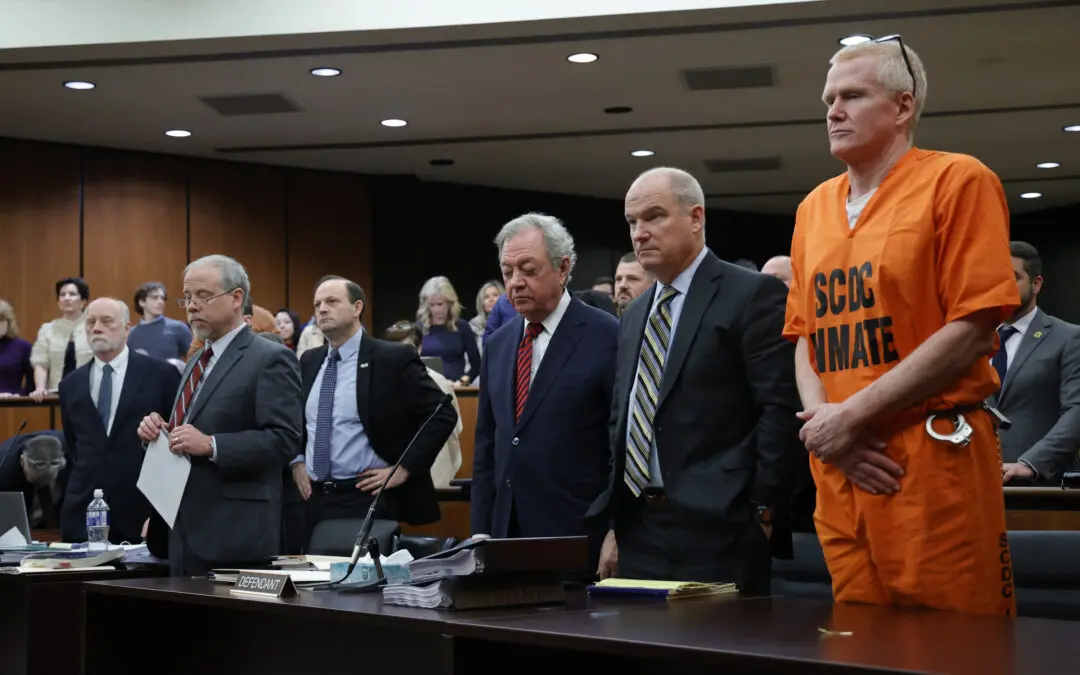The evidentiary hearing scheduled for later this month is going to look a lot different than Alex Murdaugh and his defense attorneys planned after Justice Jean Toal ruled on four separate issues in a January 16 hearing in Richland County.
Toal was assigned to oversee Alex Murdaugh’s motion for a new trial in the homicide of his wife and younger son. Murdaugh says the Colleton County jury — which rendered a verdict after less than three hours of deliberation — was influenced by Colleton County Clerk of Court Becky Hill. That influence, according to the defense, included instructing the jury to “not be fooled” by Murdaugh’s testimony as well as allegations that she manufactured a plan to remove juror 785 — the juror known as the “egg lady juror.” That nickname came after the juror’s request to retrieve some farm fresh eggs from the jury room following her dismissal.
The motions hearing focused on four separate questions to define parameters and procedures ahead of the three-day evidentiary hearing slated to begin on January 29 in Richland County.
Is an evidentiary hearing necessary?
Yes, according to the defense and Justice Toal. The state argued that the evidentiary hearing (and thus a new trial) wasn’t needed because there are no affidavits from deliberating jurors that corroborate the tampering claims by the dismissed juror.
Who has the burden of proof?
Justice Toal ruled that the defense must prove that the jury was prejudiced by Becky Hill’s alleged statements, while the defense was hoping Toal would rule in favor of presumed prejudice and require the state to prove that the jury was not prejudiced.
How will the jurors and witnesses be questioned?
The defense team indicated they wanted to question all 12 jurors on a wide scope of issues while the state wanted the questioning limited to what the jurors heard, when they heard it, and whether or not it influenced their decision.
Justice Toal will question the 12 deliberating jurors herself, and the questioning will take place in open court. Toal will only ask them what was said, when it was said, and how it was perceived by the juror. Additionally, the egg lady juror will not be called as a witness because she was dismissed from the jury and did not deliberate and offer a vote for the guilty verdict.
Who will testify?
Witnesses for the evidentiary hearing will be limited to the jurors who rendered the verdict and Becky Hill herself. Toal was explicit in her refusal to allow questioning of any of the attorneys or the judge from the original trial. The jurors, along with Becky Hill will answer a narrow scope of questions, and Hill will not be questioned about the ethics complaints lodged against her after the trial.
In their pre-hearing brief, the defense team listed several potential witnesses including two SLED agents, prosecutor Creighton Waters and his paralegal, Barnwell County Clerk Rhonda McElveen, Becky Hill’s son and daughter and the original trial judge, Clifton Newman.
Justice Toal defined a narrow scope that stands in stark contrast to the months-long campaign in which the Murdaugh defense team has tried to combine Hill’s alleged ethical misdeeds and mismanagement of her office and her alleged improper statements to the jury. Instead, Toal will examine only the allegations of improper statements, and only by talking to Hill and the 12 deliberating jurors.
You can hear more in-depth analysis of the motions hearing in True Sunlight Episode 34. The evidentiary hearing, slated for January 29-31, will stream live for our Soak Up the Sun Members.
Please sign into your Premium account then refresh this page to view this content.

Contact Beth Braden
Beth Braden
Beth Braden is an award-winning journalist with experience covering government, education and crime and courts for more than 10 years. In addition to following breaking news and writing feature stories about life in her home state of Tennessee, her by-line appears on several internationally known websites.
Beth is passionate about communicating complex information in an easy-to-understand manner and she loves to pore over public records and court documents as she seeks out patterns and context to share with her audience. In her spare time, she enjoys quilting, strange museums, and good cups of coffee.
Hi Marcy!! Open to all – no registration required… lines might form, but that’s a great opportunity to meet like-minded…
Is the sandbar event first come/first served? Or is there a way to reserve a place? that’s a small venue…
I always love seeing you guys but I am very excited to meet Liz!!
LunaShark+ member-love the work! Has it been considered with the current situation, that Becky committed these acts to help Alex…
Thank you Sam for every wonderful thing you do to enhance Lunasharkmedia. Your beautiful mind is appreciated.


Leave a Reply